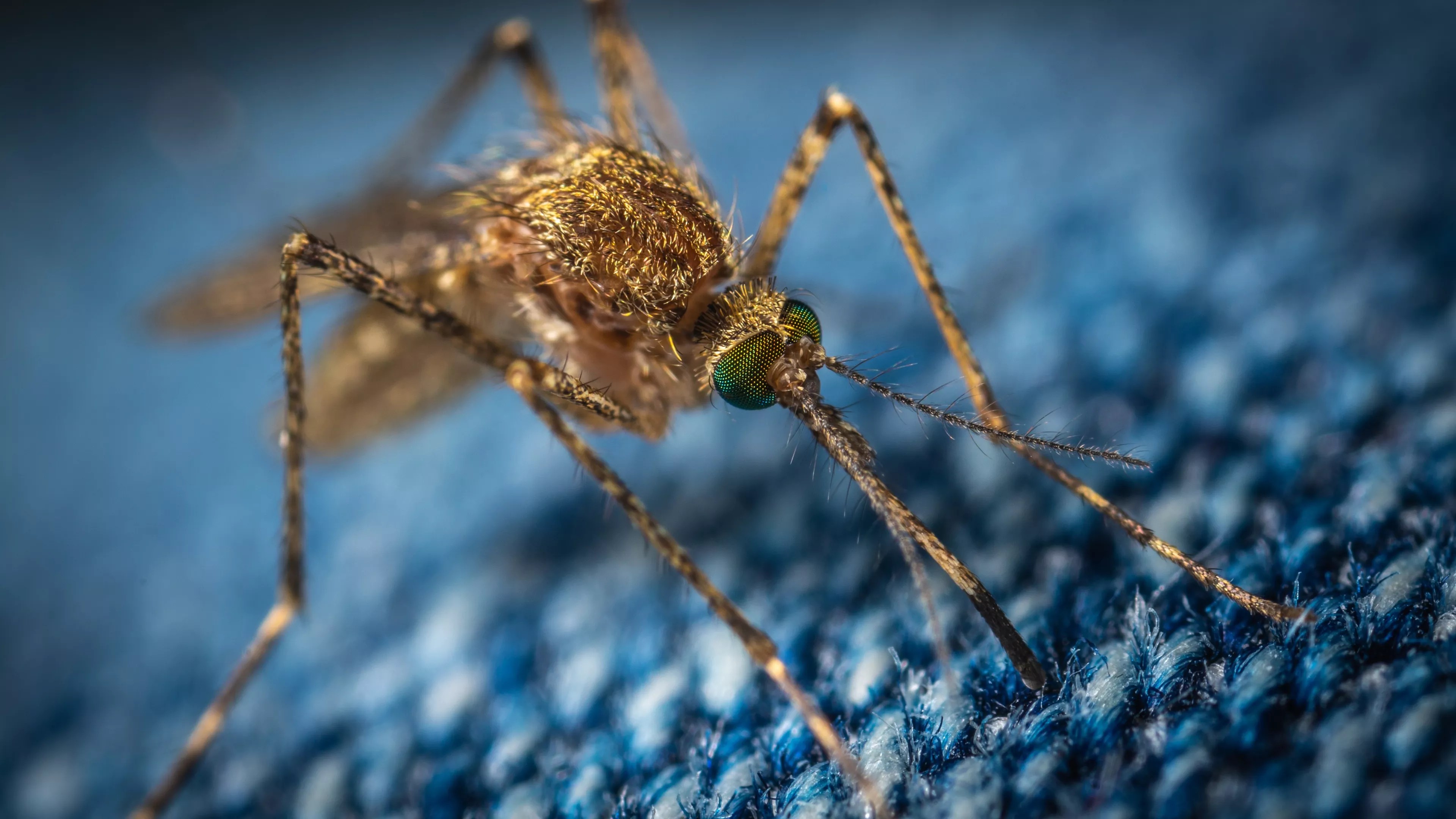

Audio By Carbonatix
In broad daylight, they have sex atop fountains, children’s toys, and even abandoned car tires.
Summer in South Florida means it’s mosquito season, and with this year registering as hot and muggy as the devil’s armpit, conditions are ripe for the little flying demons to breed even in the most well-kept of suburban yards.
So-called container mosquitoes can lay their eggs in pretty much any vessel capable of holding standing water. According to a recently published guide from the University of Florida, the little bastards are found throughout the state, making their nests in garden bromeliad plants, tree knots, old tires – pretty much anywhere else that water collects after a hard rain.
Fifteen container mosquito species are prevalent in Florida, 11 of which are native to the Sunshine State and four of which were brought here through international migration and trade. One species, the Asian tiger mosquito, was introduced to the U.S. by – wait for it – international used-tire sales.
One of the most dangerous species is Aedes aegypti, known to carry strains of dengue fever and Zika viruses. The U.S. Centers for Disease Control and Prevention identified Aedes aegypti as one of the primary vectors of Zika during the outbreak of the virus in Miami-Dade and Broward counties in 2016.
Join us for a #NationalMosquitoWeek #TwitterChat TOMORROW, Thursday, June 24, 2021 at 12 noon ET right here @305Mosquito. We're going to be talking #MosquitoControl methods, source reduction, spray treatments, and more. pic.twitter.com/O3zvW8H4bt
— 305 Mosquito Control (@305Mosquito) June 23, 2021
Children’s playground equipment or even lawn decorations can be breeding grounds for mosquitoes if they collect any water, says Michael Mut, a spokesperson for Miami-Dade County’s mosquito-control division.
“It takes as little as one ounce for that mosquito to multiply,” Mut tells New Times.
Mut says that while it normally takes seven to ten days for mosquito eggs to hatch, the hotter it is, the faster they incubate. During a Miami summer, for example, they only need five days to hatch.
So, folks, remember to use protection: Miami-Dade’s Drain and Cover campaign encourages residents to cover anything around their homes that might collect water.